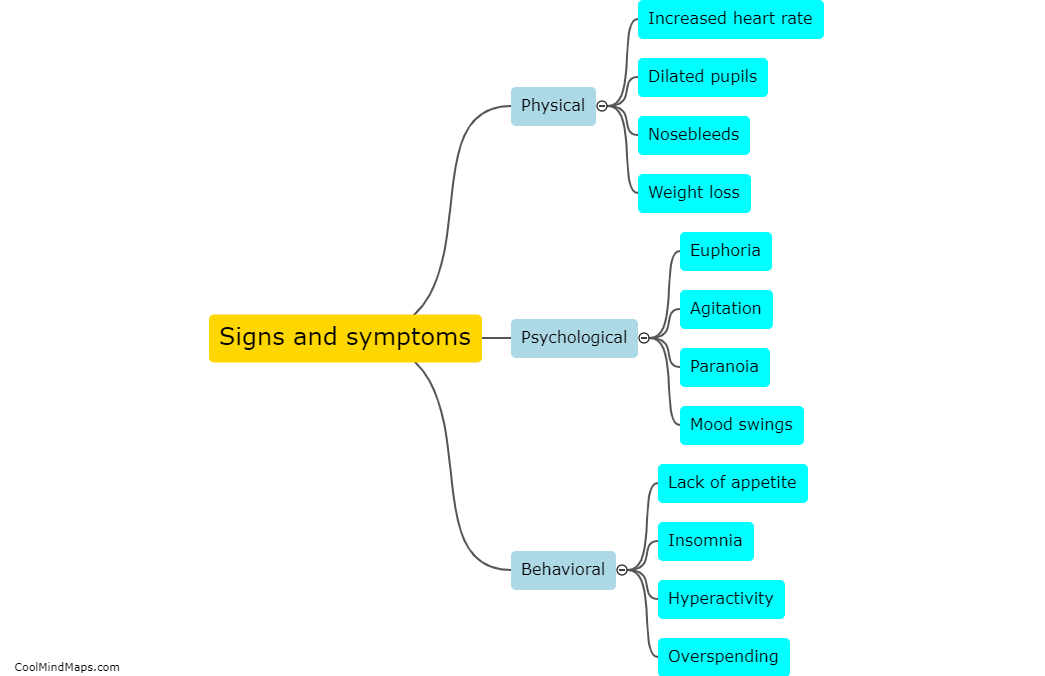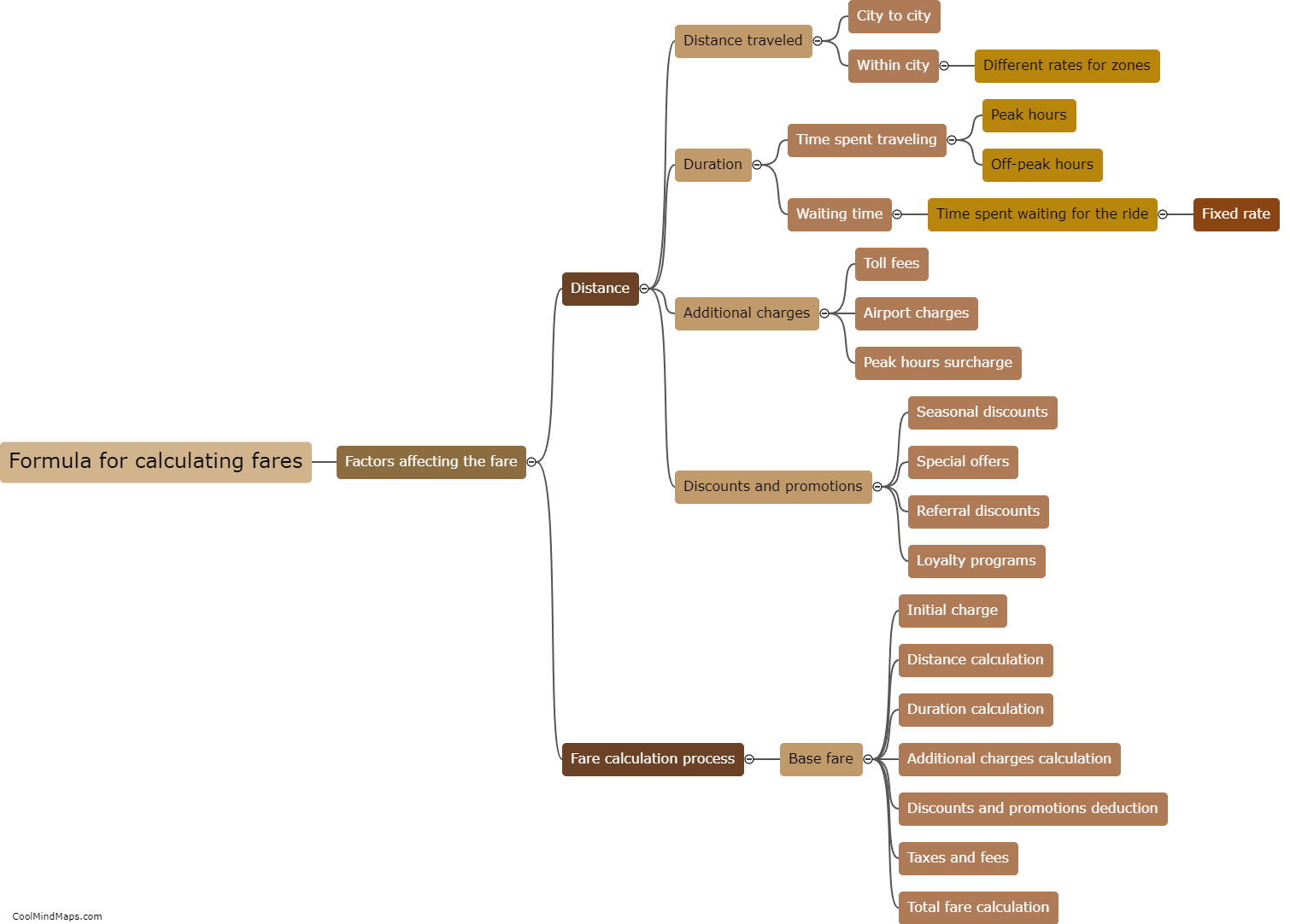How does the division of powers in the Indian Constitution favor the Centre?
The division of powers in the Indian Constitution leans towards favoring the Centre, or the central government, in several key ways. Firstly, the list of subjects in the Seventh Schedule is heavily tilted in favor of the Union, granting it exclusive authority over areas such as defense, foreign affairs, and currency. This grants the Centre significant control over crucial policy domains. Secondly, the Centre has the power to override state legislation if it deems it necessary in the national interest, through methods such as President's Rule. This enables the Centre to exert its influence over states and ensure compliance with its agenda. Additionally, the Centre maintains control over crucial financial resources, with the power to levy and collect taxes. This financial control further strengthens the Centre's position and centralizes decision-making power. Overall, the division of powers in the Indian Constitution favors the Centre, allowing it to assert its authority and maintain a level of dominance over state governments.

This mind map was published on 22 July 2023 and has been viewed 121 times.











